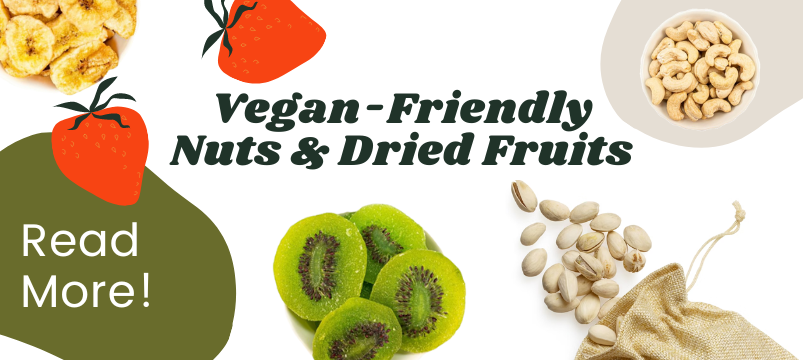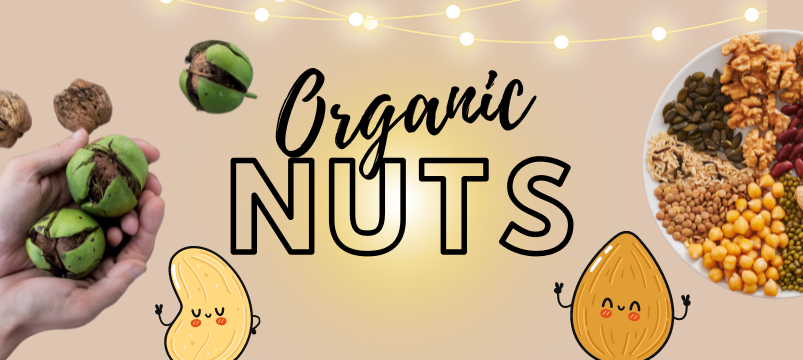We use cookies to make your experience better. Read more.
Everything You Need To Know About Activating Nuts!

What is activating nuts?
When we talk about activating nuts and seeds, it means that they have to be soaked in water for a certain period of time. This process is done in order to obtain “various health benefits”. The process consists in soaking raw nuts in water for a number of hours, changing the water 2-3 times, rinse well and consume.
Certainly, there are many theories related to activating nuts and many ways to do it, if you look on the internet, each page will tell you something different regarding how many hours to leave them to soak, the temperature of the water, the type of water, and whether the water is accompanied by other components such as lemon or vinegar or not.
The Theories on the Internet
There are many “benefits” associated with the process of soaking nuts, from reducing anti-nutrients, decompose gluten, keeping the colon clean, or preventing cancer among others. Not only that, but false information is starting to spread about what would happen if you didn't eat water-soaked nuts. The reality is more like it, as with many other food fads, the true benefits of this process are being exaggerated and spreading at the speed of light by many people to gain visits, followers, and all they do is contrasting the information only in other similar pages, that got the information doing exactly the same.
While it is true that the support for this practice with respect to its benefits is practically non-existent, it must be acknowledged that there is something to be scratched, very little, in this "activation".
What science says
Far from all the theories, the only thing that is suspected to be beneficial is the elimination or reduction of phytic acid.
And what is phytic acid? Phytic acid is a natural fibre component found mainly in cereals, legumes and seeds, which protects these foods from external factors such as pests, insects and moisture, prolonging their shelf life. Phytic acid has a strong sequestering (chelating) action on several nutritionally important minerals such as calcium, magnesium, iron and zinc. When a mineral binds to phytic acid it becomes insoluble, precipitates and will not be absorbed in the intestine. Believe it or not, we are surrounded by foods that contain anti-nutrients, such as fiber.
On the other hand, phytic acid is extremely beneficial for the human organism, as it prevents the formation of kidney stones and the onset of heart disease and diabetes.
Phytic acid is able to bind with minerals that we would otherwise absorb, but it is also able to bind with toxic metals such as cadmium or aluminium, preventing them from entering the bloodstream and expelling them in the faeces. It also has a certain antioxidant capacity and is able to reduce the level of fats in the blood, among other things.
What do the world's nut producers say?
One of the world's largest producers, the Almond Board of Australia, states that "those who believe" in the activation of almonds do so without any scientific backing as there are no serious publications highlighting such activating wonders.
So what is the conclusion then?
In short, it takes more than simple soaking to achieve significant physic-chemical changes in the composition of the seed.
“Anti-nutritional" substances are not always harmful, as we have seen with phytic acid, their benefits outweigh their drawbacks.
Nuts contain sufficiently interesting nutritional value per se, there is no need to try to find a very slight change by soaking them in water.
It is a different matter if you prefer to consume them this way for pleasure.







Comments